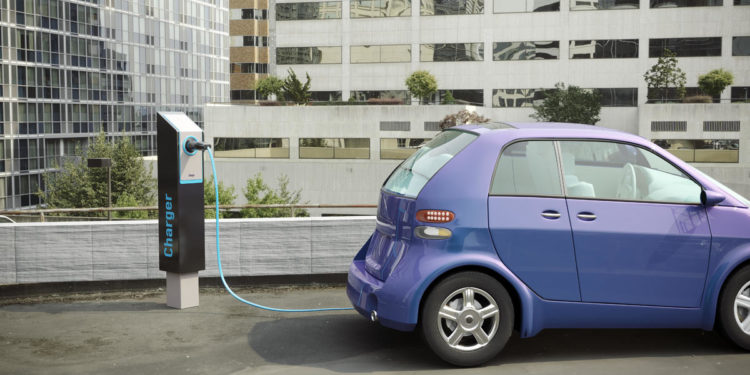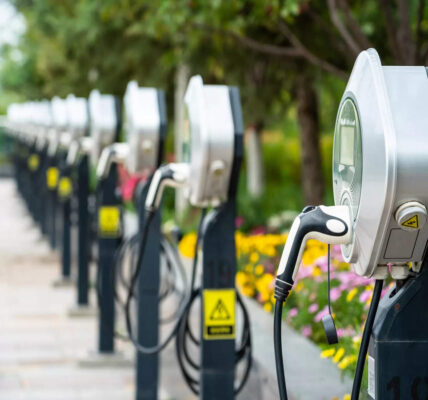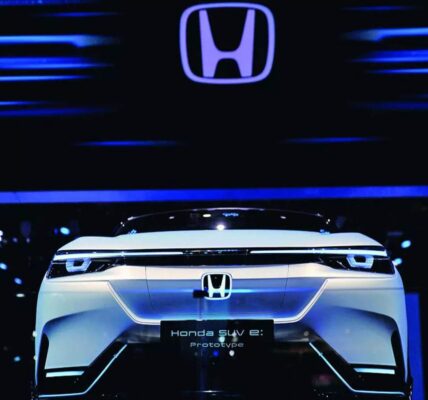Commercial property owners and investors are stepping in to alleviate electric vehicle drivers’ concerns over finding a charging station.
Some consumers are reluctant to become EV owners because of “range anxiety,” or the fear they won’t make it to a charging station before their car’s battery runs out. And it’s an all too common source of anxiety among existing EV drivers as well, according to a J.D. Power report.
Through the end of the first quarter of 2023, 21% of EV drivers using public charging stations attempted to charge their vehicles at stations that didn’t work for one reason or another, according to the report.
More charging stations needed for easy access
“Compared to traditional gas stations, of which there are more than 150,000, there is a big gap in convenience, access and availability of charging for consumers as they go about daily activities,” CBRE EV real estate expert Jim Hurless told CBS MoneyWatch. “It’s important to put chargers in the best places for drivers to make sure they have the ability to go charge.”
Aware of this worry, owners of shopping centers, office buildings, hotels and other commercial property types are installing EV charging stations over other amenities, according to a report from CBRE.
Incentive to “stay longer and spend more”
Most of the largest U.S. real estate investment trusts (REITs) have prioritized building EV charging stations at their properties to draw more customers to commercial centers for longer periods of time.
They include outlet mall giant Simon Property Group, which has a network of 1,261 charging stations across its portfolio of properties; apartment owner Essex Property Trust, with 574 charging stations; and warehouse REIT Prologis, which aims to install 20 truck-charging stations across its properties by the end of 2023, according to CBRE’s analysis.
“A lot of REITS are deploying EV charging as amenity for their customers to come charge their vehicles while shopping, hopefully encouraging them to stay longer and spend more with tenants at those locations,” Hurless said.
Commercial centers that are home to medical practices and other workplaces are also popular charging sites. In the case of office buildings, the availability of charging stations is convenient for workers who might not have charging stations at home.
“Workers need to charge at the workplace, and so do patients who go in for appointments,” he added.
Charging stations are also coveted amenities for hotel guests who own or rent EVs, driving installation across hospitality property groups.
“Hotels are a very big opportunity as drivers continue to rent more and need a place to charge,” Hurless said. “As hotels offer that amenity, it starts to differentiate their brand and hotel flag from others — and pulls in guests,” he said.







